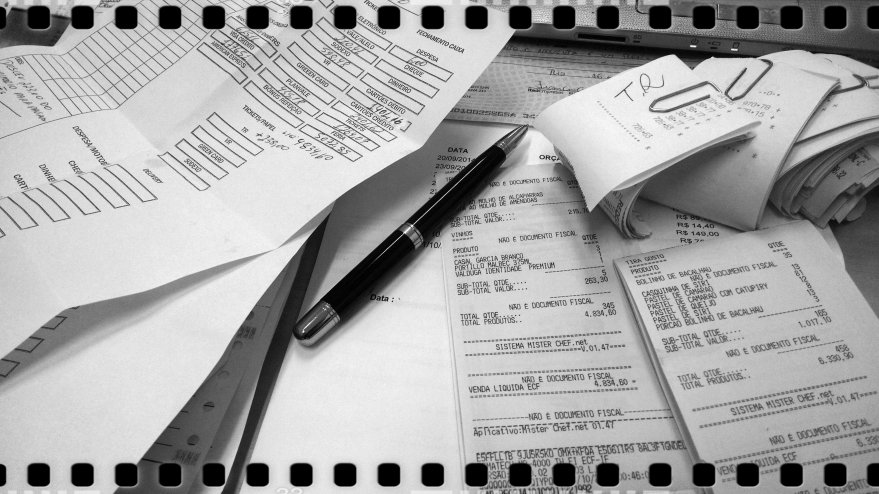Record keeping is an essential function of business success. If you don’t keep accurate records you could end up wasting money in many ways – including paying too much taxes, or paying late fees due to forgetting to pay an invoice. Not only that, if you have client files that aren’t kept accurately, you may lose their information and work will become very inefficient.
Here’s what the professional accountants recommend.
1. Touch Paperwork Once
- If you have a good system set up, the moment you get the information (whether paper or computerized) you can process it and not think about it again. Plus, if you ever need that information again, it’ll be simple to find within seconds.
2. Automate When Possible
- The best systems today save a lot of time and effort through automation. A great example of automation is online bookkeeping software that’s connected with your bank account. It makes booking entries painless and automatic.
3. Hire a Professional
- While you may think you can do it all yourself, there are some things such as finances that are often better left to professionals. Even a professional organizer might have some great ideas of how to make everything work together easily.
4. Create a Process
- Anything in your business that can be turned into a systematic process is then able to be ramped up and improved upon. That’s why systems and processes are so important in business, and that includes record keeping.
5. Choose the Right Software
- There is no one-size-fits-all software. You have to know what you need in your business, what features you want the software to have, and whether you have the budget for what you want. Don’t choose the least expensive if it doesn’t offer everything you need and the ability to grow.
6. Keep Private Things Private
- Your record keeping system needs to consider the level of security you need, based on the type of records that you’re keeping. By law some things have to be secured in a special way in the cloud, and by lock and key when physical. Ensure that you know the rules and regulations for your types of files.
7. Always Back Up Everything
- No record keeping system is complete without a backup. This includes paper files. You must have a copy of everything in a safe place in case of a fire, computer crash or other unexpected disaster.
8. Start Now
- Don’t wait until you earn more money, or have more clients, or – well, for anything. Get started from day one with your system and process so that you can perfect it as you build your business.
The worst thing you can do when it comes to record keeping is to simply not tackle it. You can streamline record keeping, establish a system and make it become second nature from day one.


